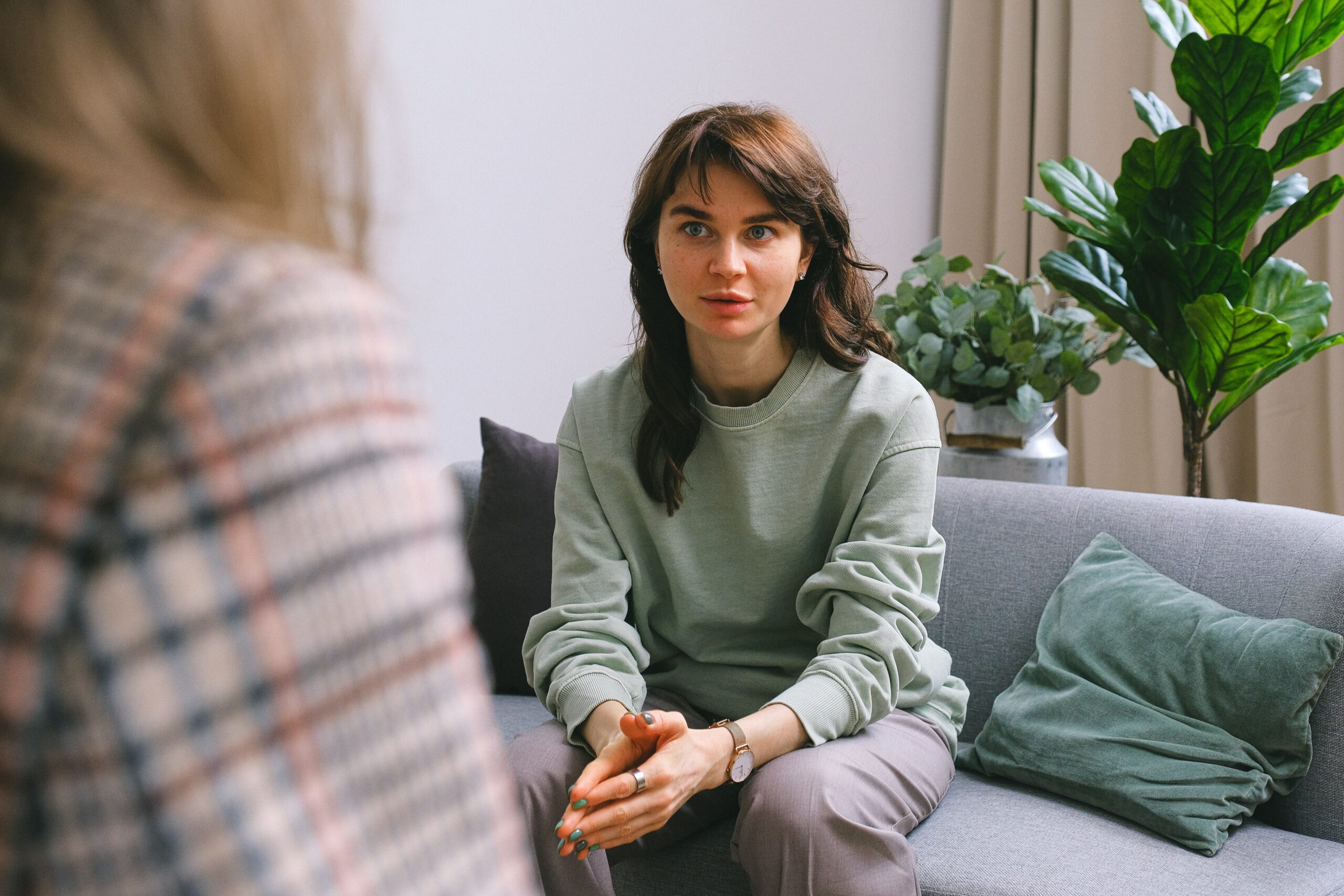Our approach.
CQC-rated ‘Outstanding’ treatment that works for recovery
Meeting you where you are.
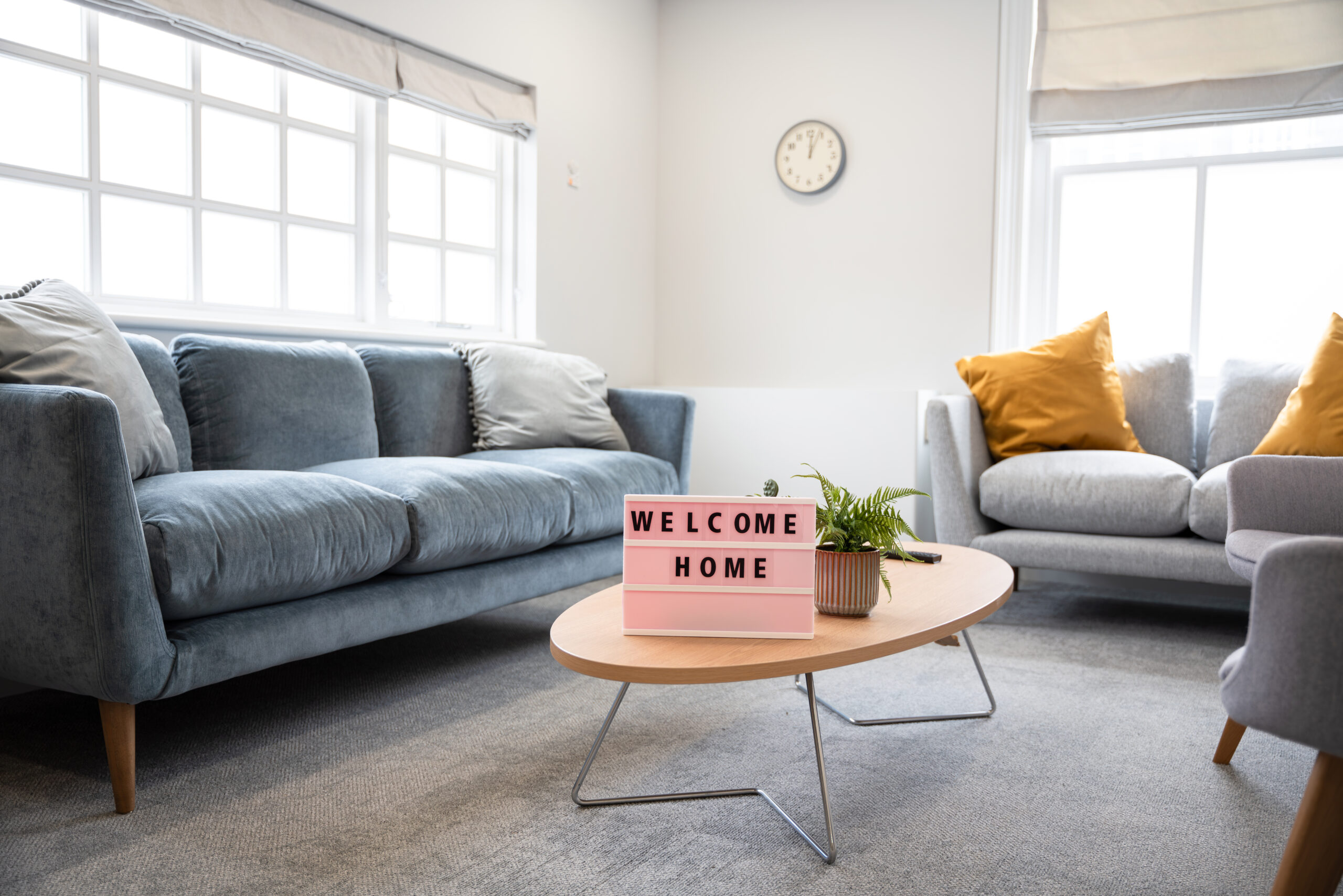
“Orri is a wonderful place filled with some of the loveliest people I have ever met. I believe it has saved my life multiple times, and just as importantly saved my spirit.”
Expert help, with kindness and compassion
You may not know what you need right now, but you probably know that something’s not quite right about your relationship to food and eating. This is a good place to start.
Eating disorders might seem confusing on the outside, but we believe that what underlies them is a ‘function’ or ‘purpose’ that has a unique logic of its own. Essentially, there is a reason you’ve found yourself on this page.
This understanding of eating disorders forms the basis of our approach here at Orri.
Our treatment draws upon a number of therapeutic modalities to understand and overcome the underlying cause of the eating disorder whilst healing the day-to-day, behavioural symptoms in tandem. This approach ensures that recovery is possible and sustainable long-term.
At the core, you’ll find a commitment to delivering treatment with compassion and kindness. This is because to understand why the eating disorder manifested is to understand that you are human and have found a way to keep going despite the challenge you’ve been through.
Your journey with Orri.
Recover in person, online, or with a blend of both.
Your own team of specialists
Our multi-disciplinary experts have spent their careers working alongside individuals and families to make recovery possible.
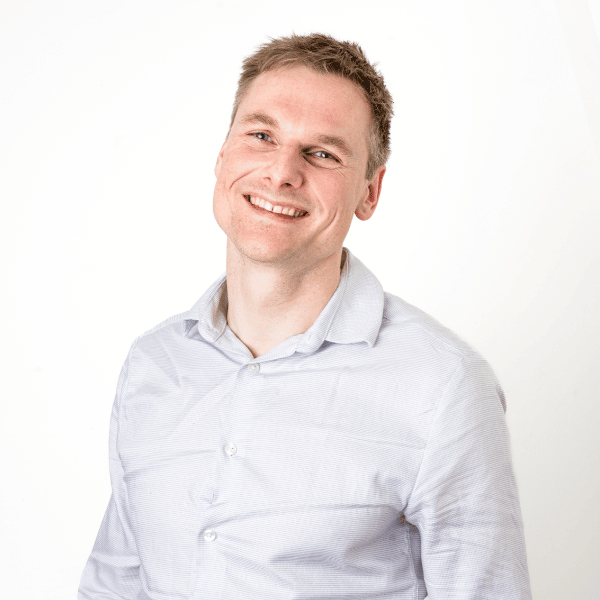
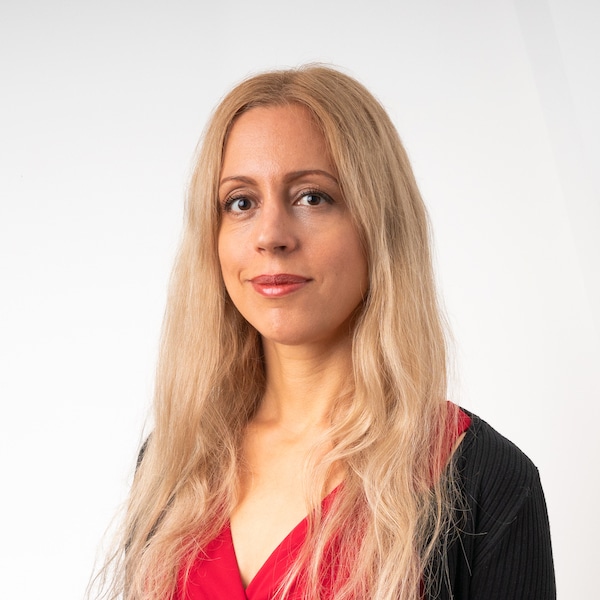
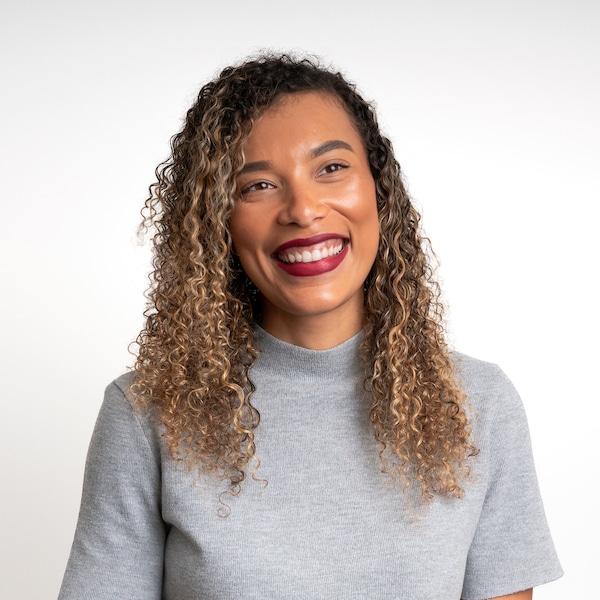
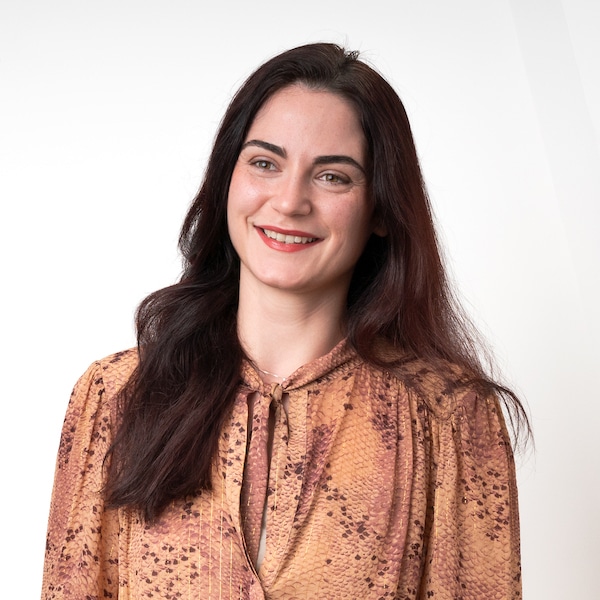
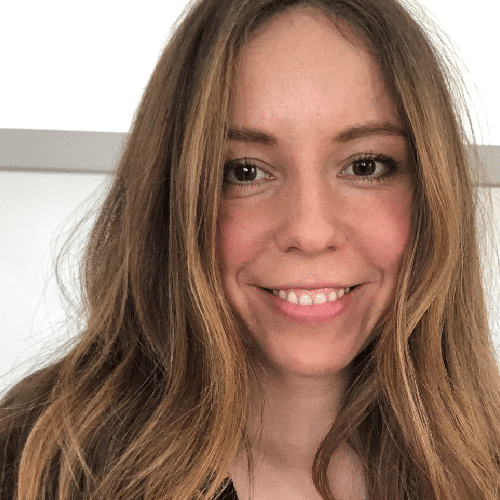
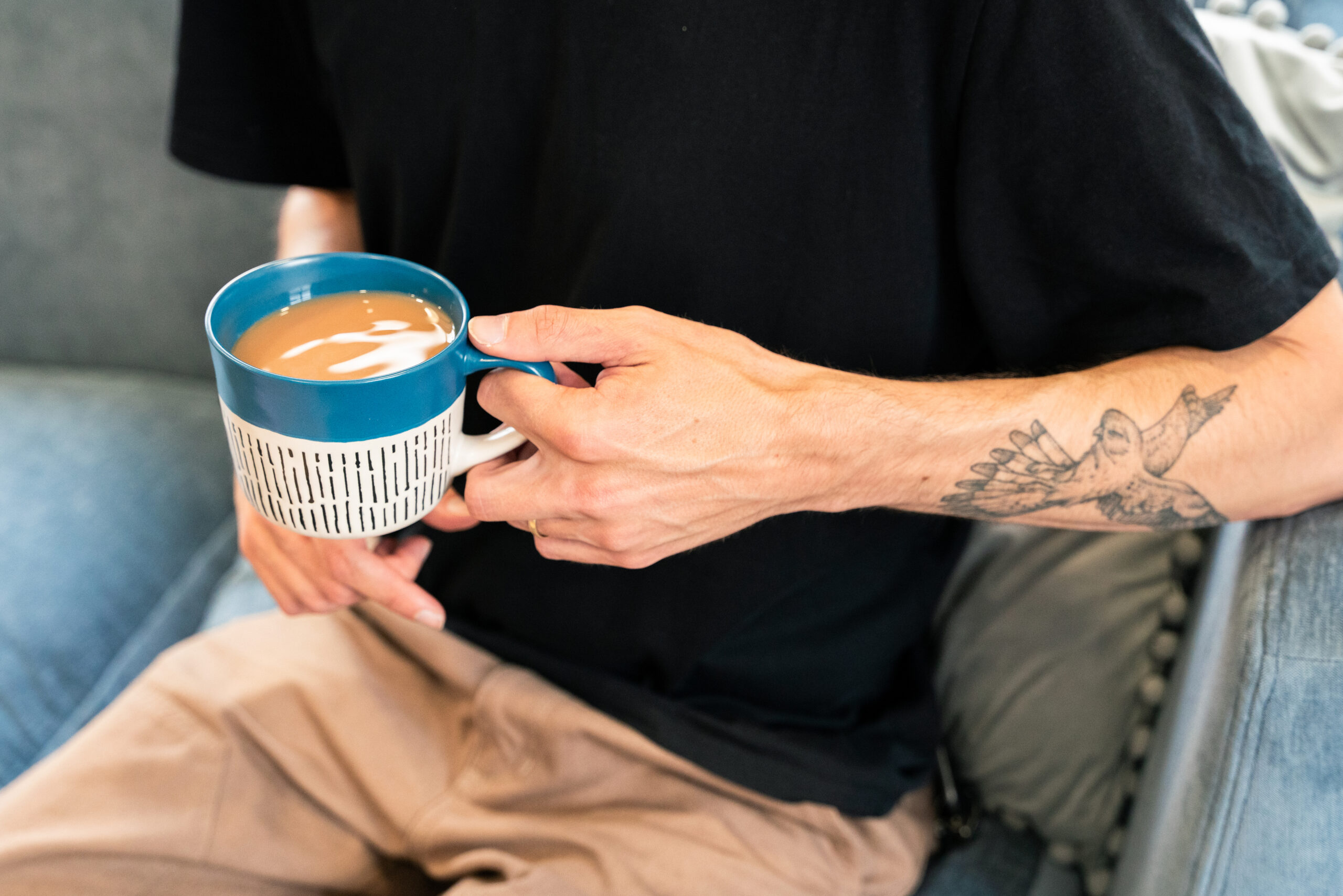
Evidence-based care, evolving with you
Our treatment blends evidence-based and innovative approaches together, meaning that we stick with what works, whilst incorporating the latest research, as well as our own Research & Development, to ensure clients are offered best-in-class treatment for recovery.
All programmes follow a ‘stepped approach’, meaning that treatment evolves with each individual client as they progress in recovery. This ensures a gradual and intentional transition to life without treatment, meaning that progress is sustained and sustainable.
I am so grateful for the support, skill and dedication of the staff who truly design a unique programme for each person.
Alumni Client
The only CQC-rated ‘Outstanding’ specialist eating disorder service in the UK
Orri is in the top 1% of all UK mental health organisations.
The Care Quality Commission (CQC) is the independent regulator of health and adult social care in England.
In our first full inspection in 2021, Orri was rated ‘Outstanding’ overall, as well as recognised as ‘Outstanding’ in all of the CQC’s five key lines of enquiry: safe, effective, caring, responsive, and well-led.
This means Orri is “performing exceptionally well” to meet the needs of our clients, and this rating puts Orri in the top 1% of all health and social care services in England.
Read the report here.
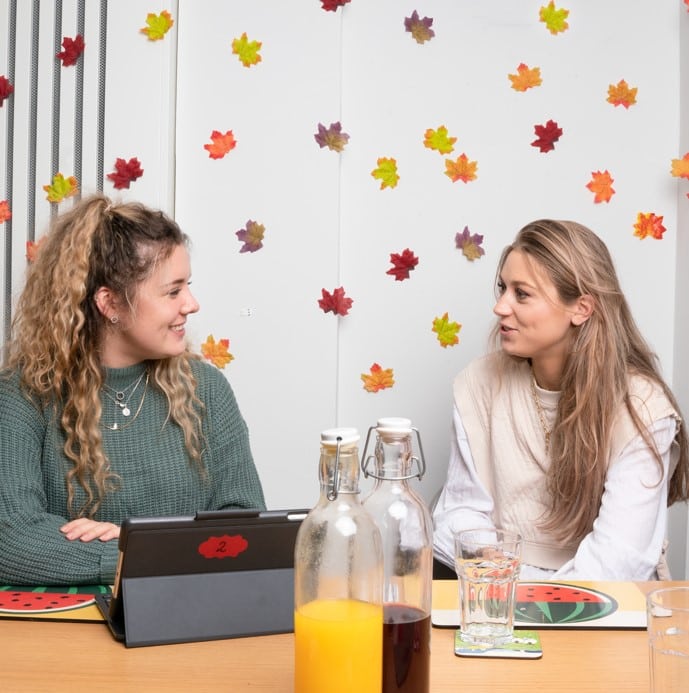
Taking the first step
Wherever you find yourself today, we want to meet you there.
No one understands their eating disorder better than themselves. That’s why before anything else we take the time to get to know each other and understand your story.
This way, we ensure that when you’re ready to take that next step, you feel safe and confident.
We are a team of experts who draw upon years of experience and innovative research to make recovery possible for all. But what we really want you to know about us is that we care.
At Orri, you will find hope, compassion and empathy – a community that will never give up on you.
Related blogs.
Hear from our team and clients.



